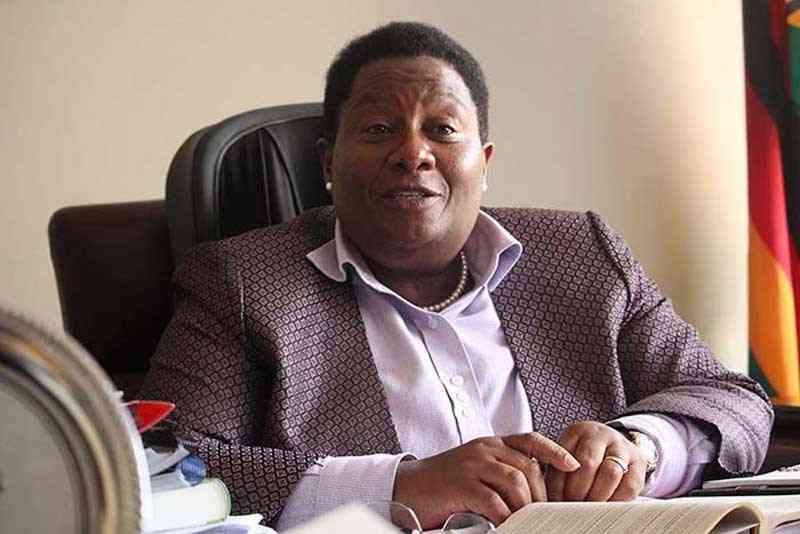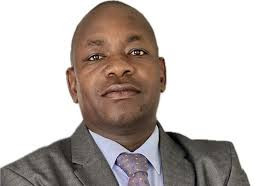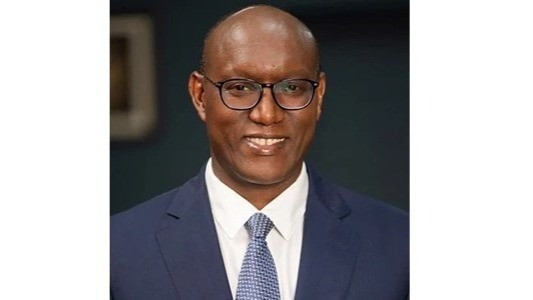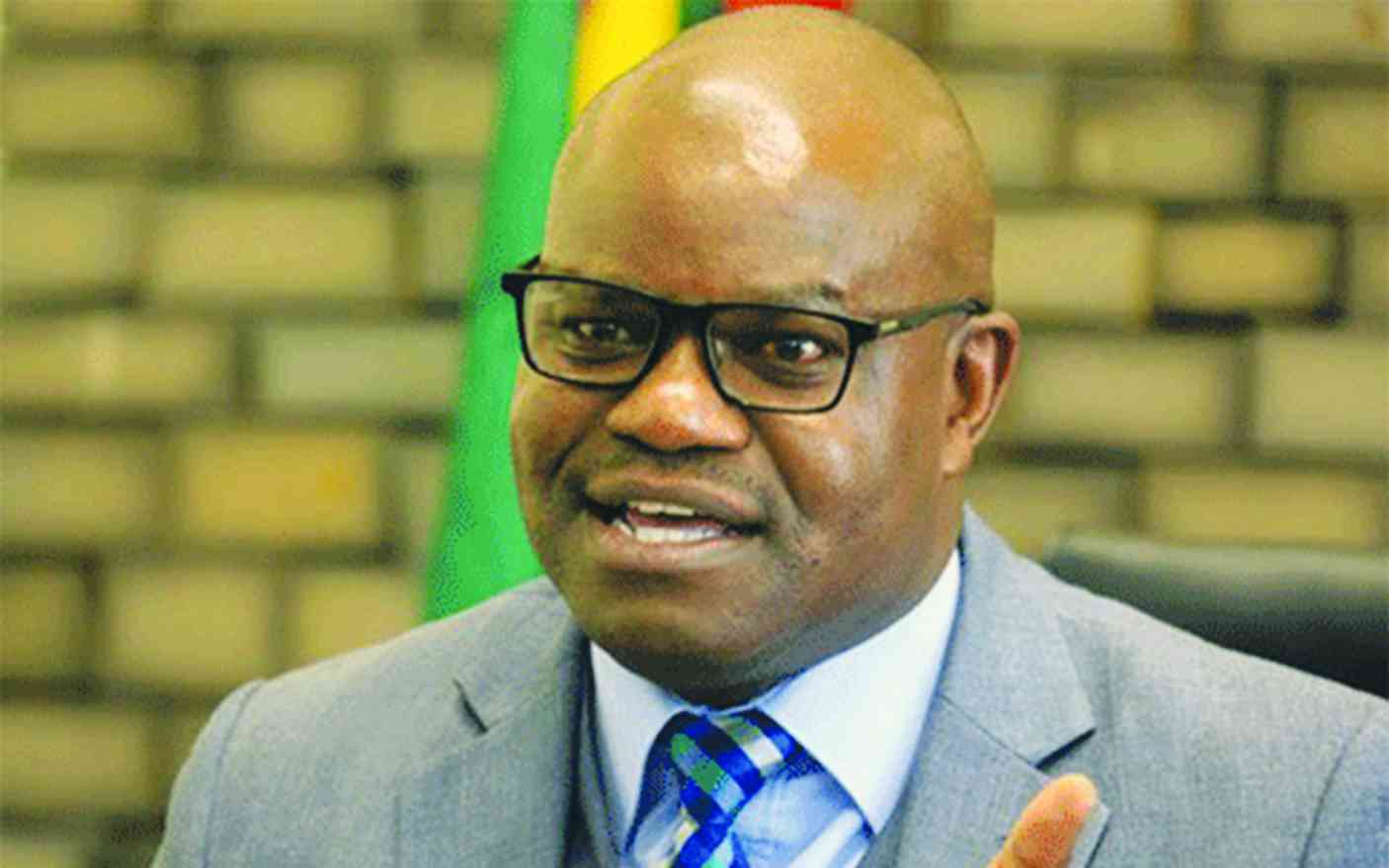
CORRUPTION cases worth US$28 million have been referred to the National Prosecuting Authority (NPA) this year as the government takes steps to curtail illicit financial flows (IFFs) prejudicing the country an estimated US$1 billion annually.
This comes after the Zimbabwe Anti-Corruption Commission (Zacc) chairperson Loyce Matanda Moyo disclosed in October during the Institute of Internal Auditors annual conference, that the fight against sleaze was frustrated by some top government officials interfering in the work of the commission. She blamed top bureaucrats for taking bribes.
With the World Economic Forum (WEF) projecting that the global economy loses US$2,3 trillion annually to IFFs, Zimbabwe’s haemorrhaging economy continues bleeding money through mineral leakages, among other crimes.
A report prepared by Zacc for this publication shows that graft cases referred to the NPA jumped from about US$3 million in 2020, to US$28 million this year in a period marked by heightened attention by authorities to curtail “unexplained wealth” accumulation.
The report shows, the state, acting on the strength of three court orders has this year forfeited assets worth millions of United States dollars accumulated from proceeds of corruption.
The forfeited assets have since been handed over to the Asset Management Unit (AMU), which “is an autonomous and independent institution” whose mandate is to manage properties seized from money laundering and other criminal activities.
Amendment of the Money Laundering and Proceeds of Crime Act by President Emmerson Mnangagwa exercising his executive authority empowered the state to seize assets of individuals and entities who fail to account for their wealth.
Leveraging on that legislation, Zacc in
- A president who’s always seeing enemies, detractors is oftentimes the problem
- Zacc fails to account for expenses
- Top lawyer Mpofu in Zacc crosshairs
- Police boss dragged into messy court case
Keep Reading
2021 obtained a single unexplained wealth order from the court, which rose to six this year as authorities spread their tentacles to curb rampant corruption blighting private and public sectors.
Zacc spokesperson Thandiwe Mlobane said the “unexplained wealth” legislation was meant to shed light on assets perceived to be “tainted”.
“The AMU is housed within the Reserve Bank of Zimbabwe (RBZ). Zacc identifies the assets which are tainted and moves to profile the individuals who are involved. From that stage, a file is prepared with all the necessary details about the property, the person and his activities.
“The file is submitted to the NPA which reviews it, and if satisfied, they approach the High Court and present the issues requesting for a (seizure) order.
“If the High Court is satisfied it gives an order which allows the State to forfeit the assets. The affected person or entity is allowed to respond and explain the source of funding for those assets. If the person wins, the order is reversed. If he loses, the state moves in to forfeit,” Mlobane said.
Questions sent to the AMU head Webster Madera seeking an understanding of the value of assets forfeited by the state under the entity were not responded to. This publication also wanted an explanation of how forfeited assets under the AMU are disposed of by the state in a bid to recover looted public funds.
“I cannot take your call right now, I am in a meeting,” Madera said via an SMS.
This year, as the report further indicates, Zacc investigated 55 cases, 20 of which were handed to the NPA.
Led by acting Prosecutor General Nelson Mutsonziwa, the NPA has taken five of the cases to court this year.
Last year, the NPA only took a single case to the court, after receiving 18 cases from Zacc.
In 2020, only six cases were referred to the NPA, which then escalated three of them to court.
At the time of going to print, Mutsonziwa had not responded to a range of questions posed by the Independent.
The same questions posed to NPA’s spokesperson Angeline Munyeriwa drew blanks.
“Our spokesperson Munyeriwa is attending to your request,” Mutsonziwa responded to the Independent.
A fortnight ago, Mutsonziwa disclosed during an anti-corruption workshop organised by the NPA and Transparency International Zimbabwe (TIZ) that assets worth US$5,6 million were forfeited by the state while seizure applications for properties valued at about US$20 million were being processed.
As shown by the Zacc report, special requests, known as “Mutual Legal Assistance” were extended to foreign jurisdictions including South Africa.
“Several requests have been made to countries outside Zimbabwe to assist with investigations for cases under investigation at Zacc. These requests are called, Mutual Legal Assistance,” Zacc said.
“A total of five Mutual Legal Assistance requests have been sent to various countries including South Africa and the United States of America.
“Responses have been received from some of the countries requested. Mutual Legal Assistance assists with investigations carried out by Zacc for proceeds of corruption stashed beyond the country’s borders where the commission has no jurisdiction to investigate,” it said.










